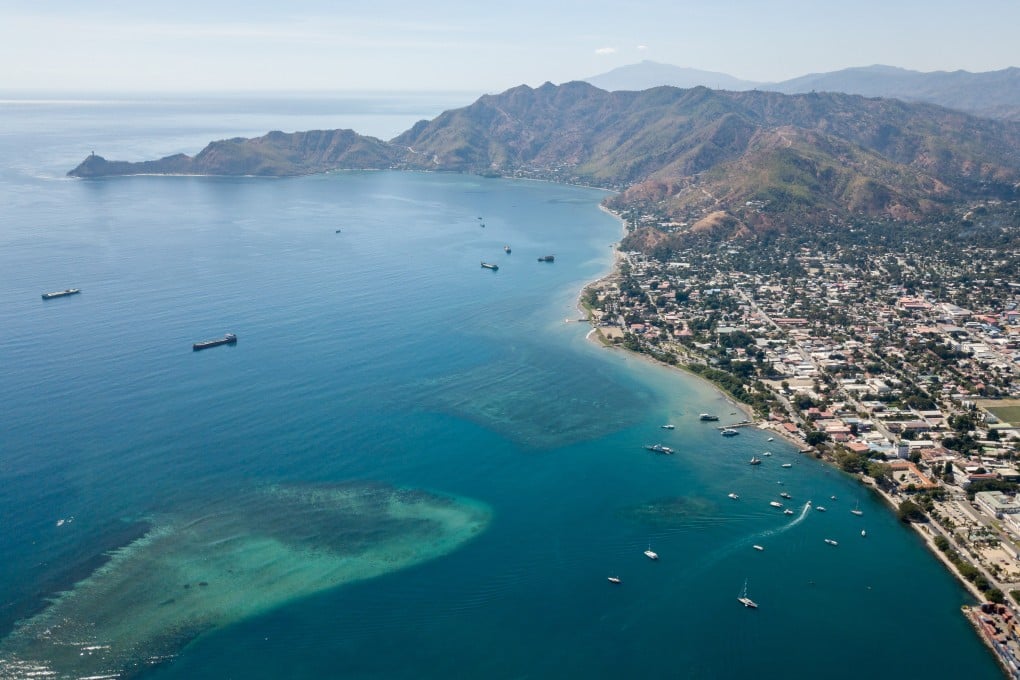Advertisement
Exclusive | East Timor’s China friendship won’t compromise its national interests: foreign minister
- Dionísio da Costa Babo Soares tells sceptics of Dili’s ties with Beijing that it is not a ‘new, fragile country’ easily swayed by the largesse of others
- The foreign minister, in an exclusive interview, says China is not a threat to others and neither are they a threat to China
Reading Time:4 minutes
Why you can trust SCMP

Sceptics of East Timor’s relations with China should know it is not a “new, fragile country” that can be easily swayed by others, its foreign minister said, citing how the nation handled its border dispute with larger neighbour Australia.
Dionísio da Costa Babo Soares, in an exclusive interview with This Week in Asia in Dili, pointed to how East Timor last year used a United Nations law to resolve its maritime boundary with Australia, which will pave the way for both countries to jointly develop shared oil and gas resources.
“Countries in the South China Sea cannot resolve [their boundary disputes] even though they’ve been there over 50 years.
Advertisement
“Timor Leste is only less than 20 years [old],” he said on Monday. East Timor, Asia’s youngest democracy, will later this month mark the 20th anniversary of a referendum that led to its independence.
China has backed a major infrastructure drive in East Timor – a country of 1.3 million people – fuelling concerns that the island nation may have shouldered an unsustainable amount of debt, or worse, left itself vulnerable to Beijing’s political influence.
Advertisement
Advertisement
Select Voice
Select Speed
1.00x